Preventing digestive diseases through nutrition: The secret to keeping pets healthy
Digestive problems in pets are common and can have severe consequences if not appropriately managed. Signs of digestive problems include diarrhea, vomiting, bloating, and loss of appetite. To prevent these diseases, choosing and maintaining a proper diet for your pet is extremely important. This article will explain how to protect your dog or cat's digestive system through the appropriate diet.
Understanding the digestive system of pets
The digestive system of dogs and cats has several significant differences compared to humans. First, pets have a much shorter digestive system, so their digestion process is faster. For this reason, food needs to be easily digestible and provide enough nutrients to ensure their overall health.
In addition, pets' digestive system has a complex microflora, which plays a vital role in breaking down food and absorbing nutrients. The balance of this microbiome is essential for digestive health; any imbalance can lead to digestive problems.
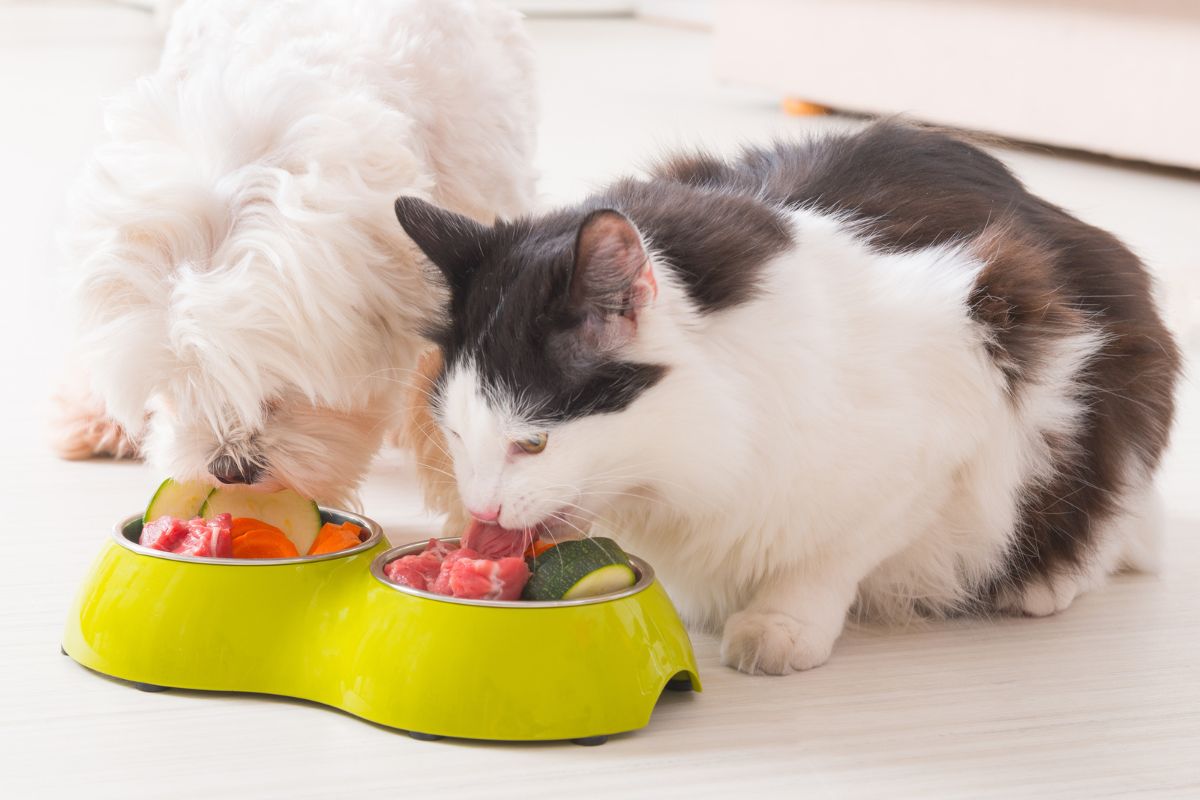
Signs of digestive problems in pets
Common signs of digestive problems in dogs and cats include:
- Diarrhea and constipation: Changes in the nature and frequency of stools are the most obvious signs that your pet may have digestive problems.
- Vomiting: If your dog or cat vomits frequently, especially after eating, this could indicate a more severe problem.
- Loss of appetite: When your pet stops eating or is less interested in food than before, it could be a sign of a digestive problem.
- Bloating and abdominal pain: Bloating, abdominal pain, or discomfort when touching the abdomen are also signs to watch out for.
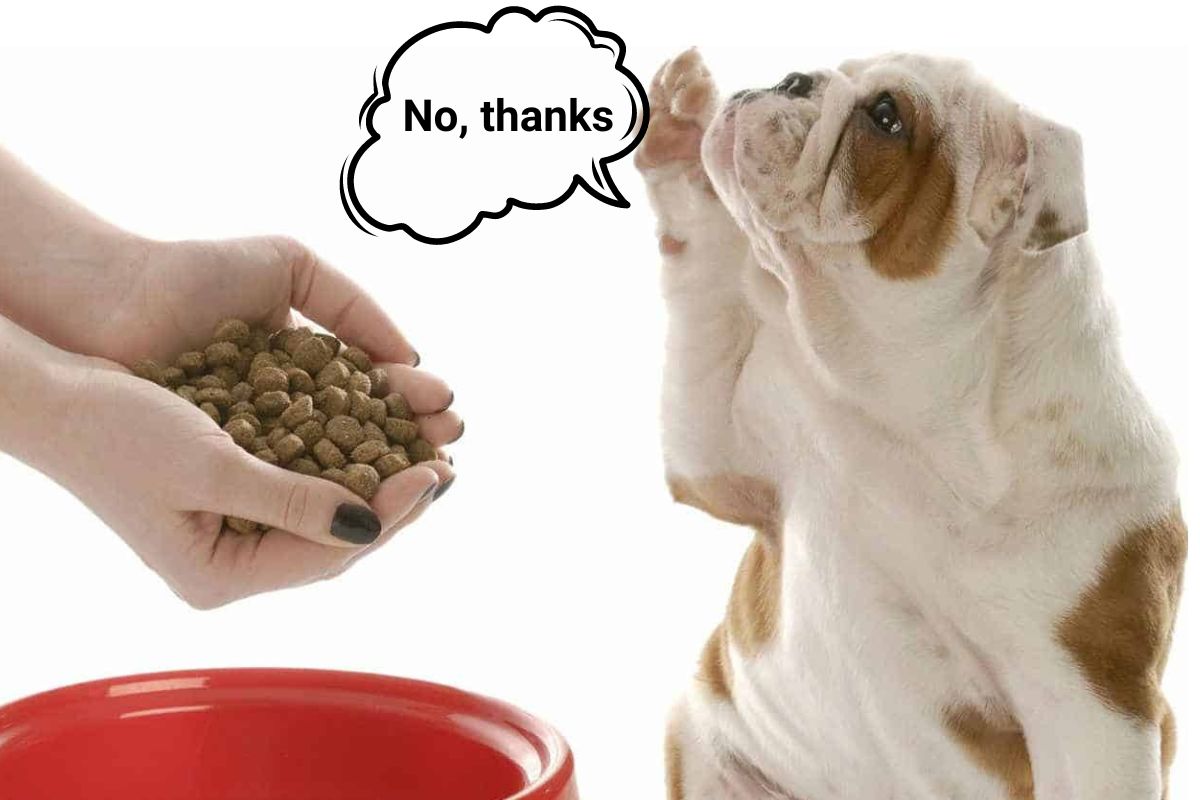
Discover a diet that helps prevent digestive diseases
A reasonable and scientific diet is essential to keep your pet healthy and away from digestive diseases. Please pay attention to some of the following notes.
Choose the right food for each stage of development
Each stage of a pet's development requires a different diet. For example, puppies need more protein and fat to develop muscles and the immune system, while adult dogs need a more balanced diet to maintain health and energy or to develop healthy bones and muscles.
➤ Refer to the "made in Japan" mixed food that helps develop healthy bones and muscles: BODY BUILDER ADULT - Complete mixed food for dogs
High-fiber diet
Fiber plays a vital role in maintaining a healthy digestive system. It helps regulate bowel movements and prevent constipation. Fiber foods such as vegetables and nuts can be added to your pet's diet to aid digestion.
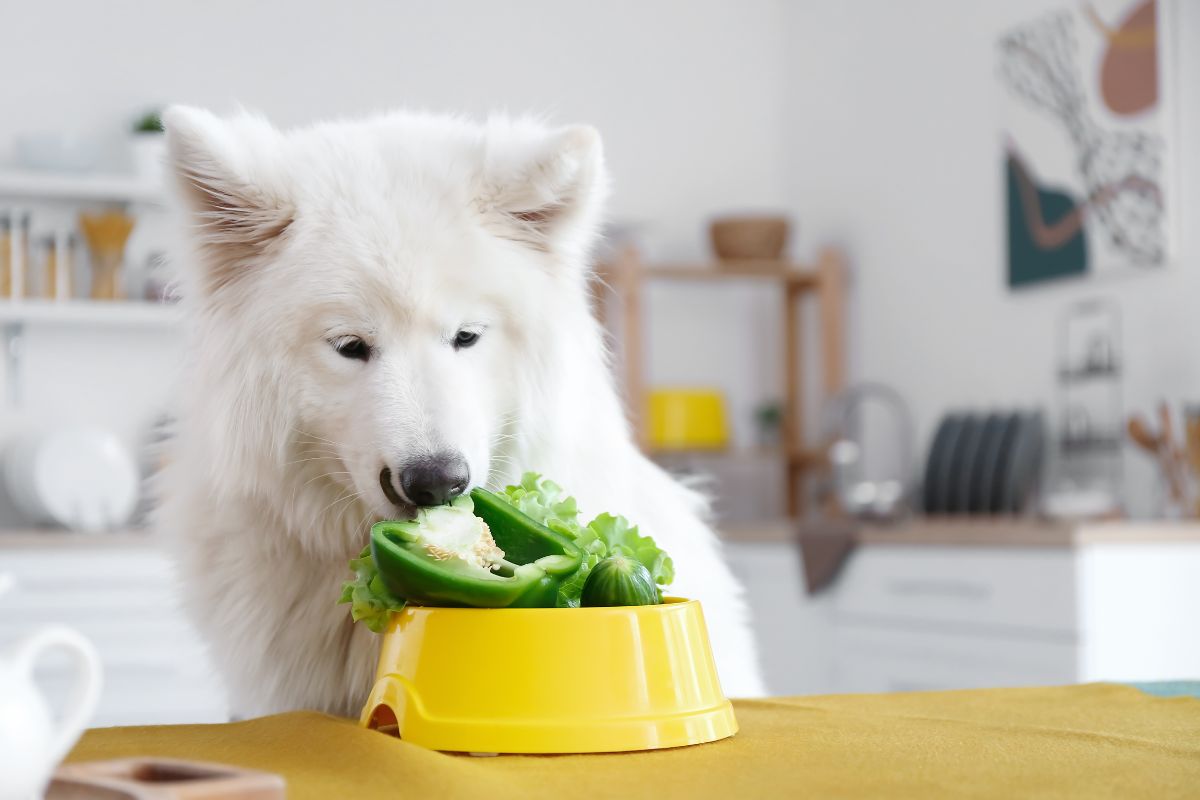
Dividing meals
Instead of feeding your pet a large amount of food at one time, dividing the food into several small meals throughout the day can help the digestive system work more efficiently and reduce the risk of digestive problems.
Avoid hard-to-digest foods
Certain foods can be problematic for dogs and cats, such as foods high in fat, spices, or ingredients that pets cannot digest well. Processed human foods, especially those high in fat or preservatives, should also be kept out of your pet's diet.
Probiotic supplements
Probiotics can help maintain the balance of microorganisms in your pet's gut, aid digestion, and prevent digestive problems. Probiotic products can be added to your pet's diet as directed by your veterinarian.
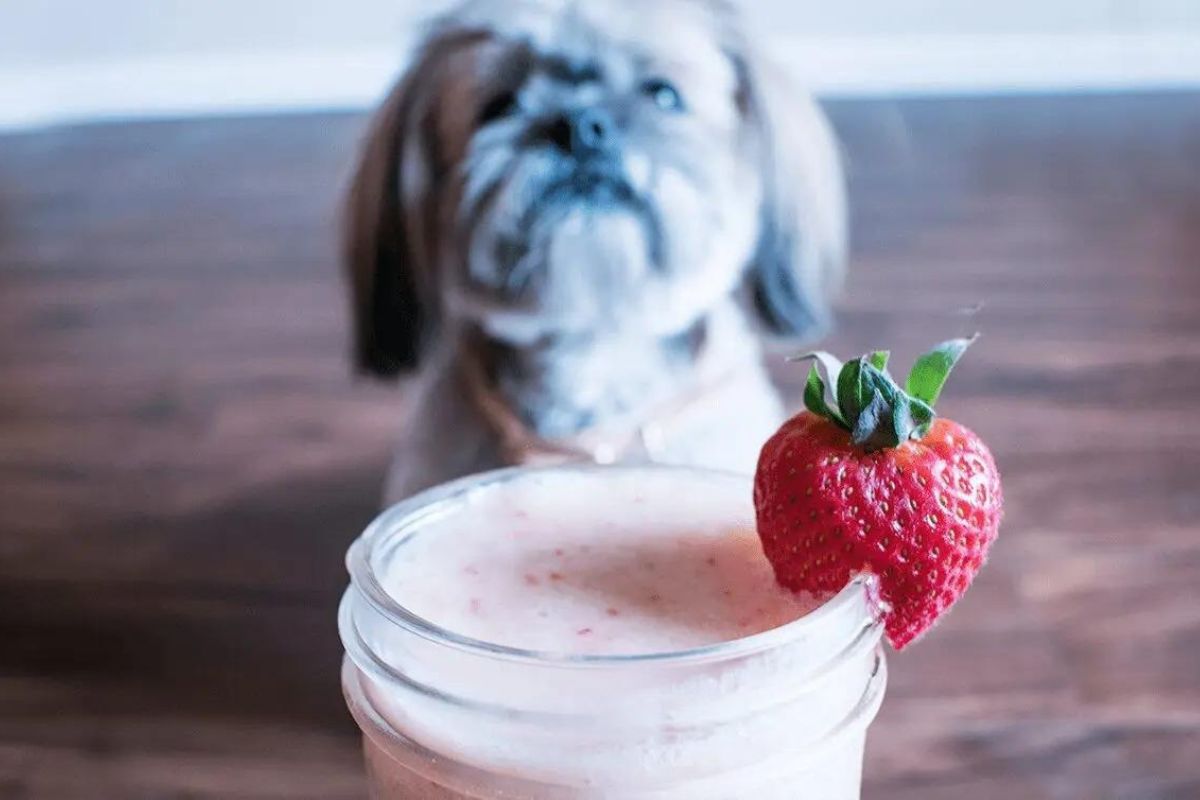
The importance of drinking water
Water is essential for maintaining a healthy digestive system. Ensuring that your pet always has enough water to drink will help the digestive process run smoothly, prevent constipation, and help flush toxins out of the body. Change the water regularly to ensure hygiene and encourage your pet to drink water regularly.
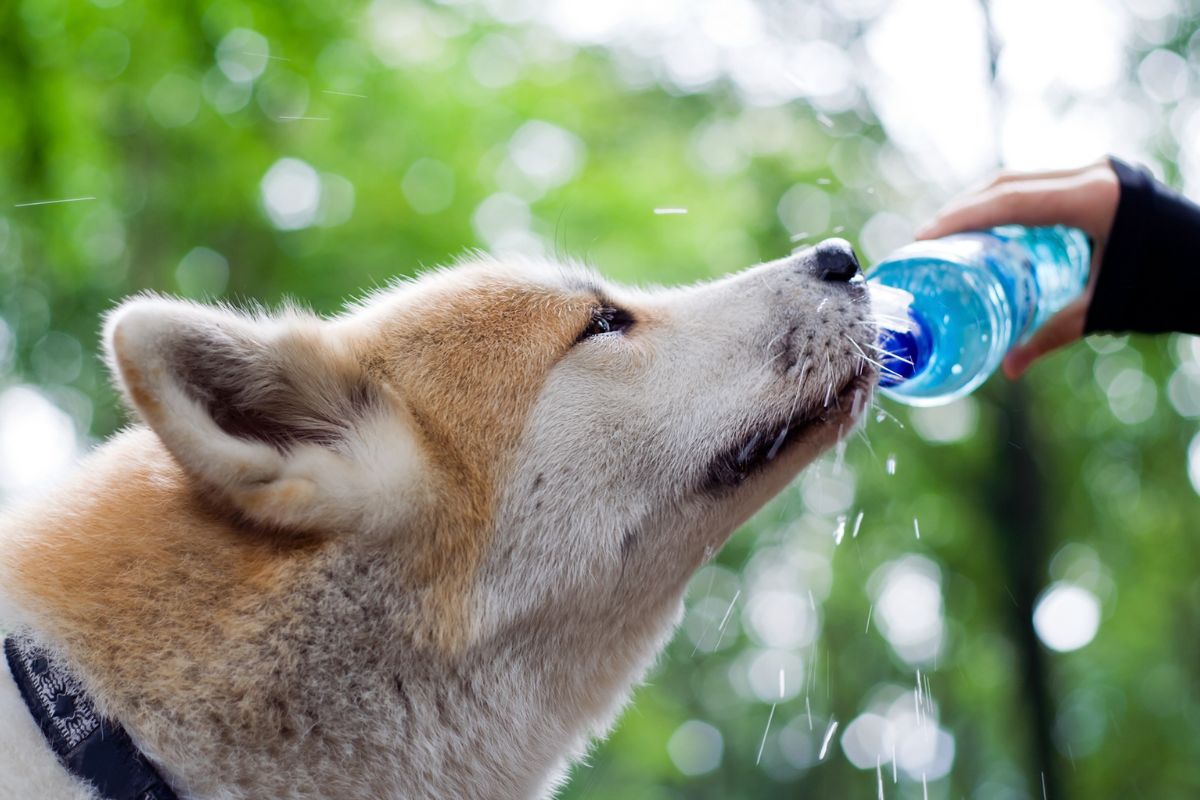
Monitor your pet's digestive health regularly
Monitoring your pet's stool can provide much information about their digestive health. Pay attention to changes in the color, texture, and frequency of stool to detect potential problems early. If there are any unusual signs, take your pet to the vet for examination and timely treatment.
In addition, taking your pet to the vet for regular health check-ups is essential to detect digestive problems and other diseases early.
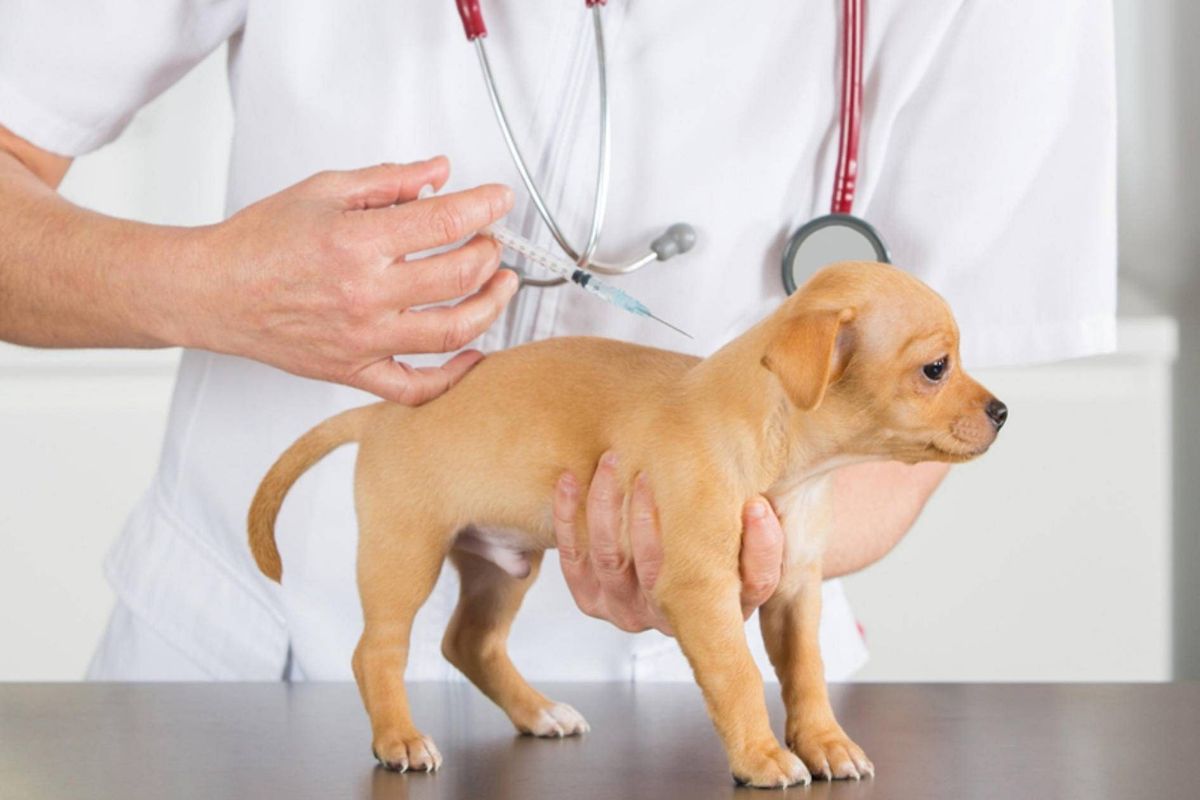
Dietary considerations
When you decide to change your pet's diet, it is essential to do it gradually to avoid shocking their digestive system. Start by adding a small portion of the new food to their old diet and progressively increase each meal over a week. This will give your pet's digestive system time to adjust to the latest food without causing digestive problems.
Preventing digestive diseases in pets requires paying attention to their diet and daily lifestyle. By understanding their nutritional needs and the factors that affect their digestive system, you can create the best living environment and diet to protect your dog or cat's digestive health. Choosing the right food, ensuring adequate water, and monitoring their health regularly will help keep your pet healthy and happy.


 Vietnamese
Vietnamese  日本語
日本語  English
English 



